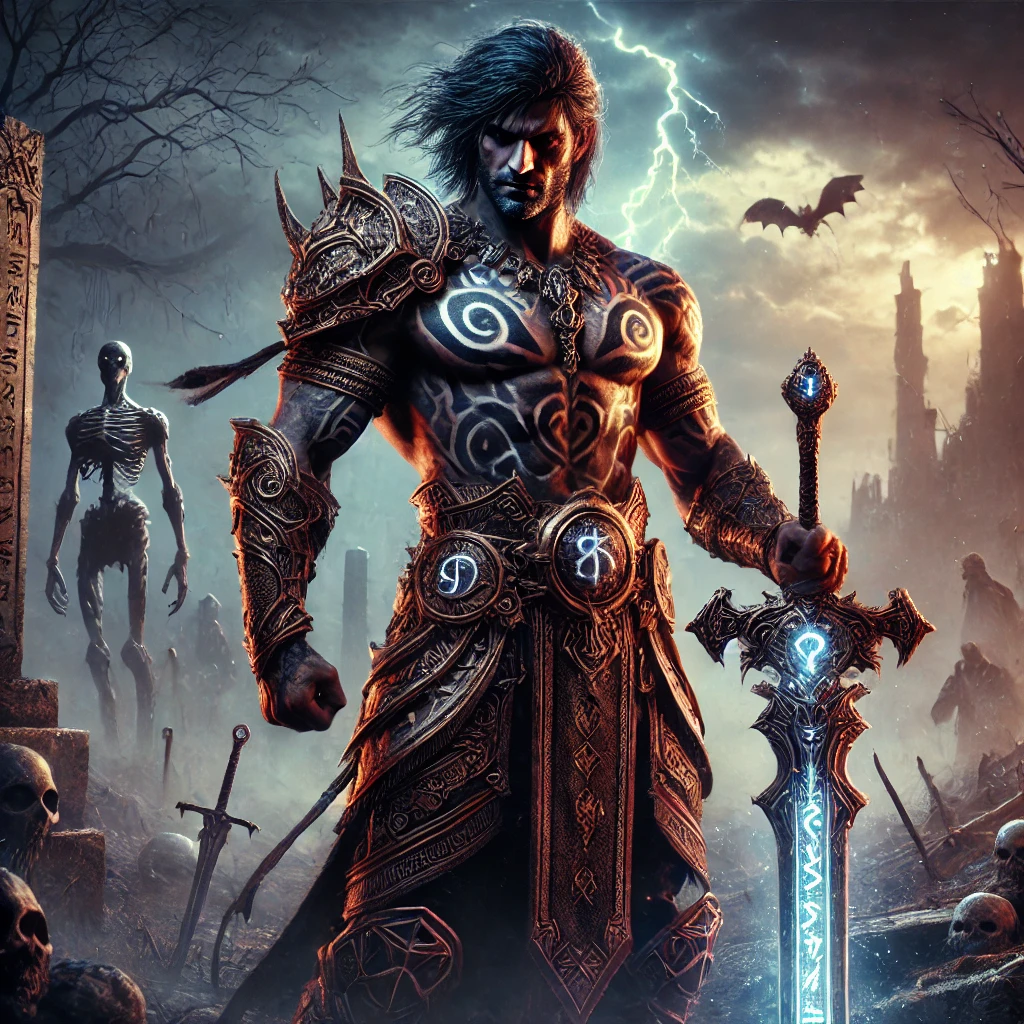Introduction
Mythologies have fascinated humanity for centuries, shaping cultures and inspiring stories of heroism, sacrifice, and divine power. Among the pantheon of gods in various legends and epics, the concept of a suicidal battle god stands out as an intriguing paradox. This figure combines the immense strength of a deity with a destructive, self-sacrificial nature, embodying both the ultimate warrior and a tragic character. Exploring the mythology, symbolism, and cultural significance of the suicidal battle god sheds light on why this concept captivates storytellers and audiences.
The Archetype of the Suicidal Battle God
The suicidal battle god is not just a mythical figure but a powerful archetype that symbolizes the intersection of valor and despair. Unlike traditional gods who wield their power for creation or preservation, this figure thrives in chaos, drawing strength from destruction. Their willingness to sacrifice themselves reflects an unwavering commitment to their cause, even at the cost of their existence.
This archetype appears in various mythologies across the globe. In some stories, the suicidal battle god is a warrior deity who faces insurmountable odds to protect their people or fulfill a prophecy. Their self-sacrifice often becomes a pivotal moment in the narrative, marking the triumph of good over evil, even if it comes at a great cost. The duality of destruction and salvation makes this figure deeply compelling.for blog visit our site moonlitempower
Symbolism Behind the Suicidal Battle God
The suicidal battle god represents more than just physical strength; they embody themes of sacrifice, resilience, and the human struggle against overwhelming odds. Their willingness to embrace destruction, including their own demise, highlights the cost of victory and the lengths one must go to achieve it. In many ways, this archetype mirrors human experiences, where individuals face battles that test their endurance and convictions.
The self-sacrificial nature of the suicidal battle god also serves as a commentary on the nature of power and responsibility. By willingly giving up their immortality or divine status, they emphasize that true strength lies not in domination but in the ability to protect others. This theme resonates deeply in a world where acts of selflessness are often celebrated as the highest form of courage.
Cultural Interpretations and Modern Adaptations
The concept of a suicidal battle god has found its way into modern storytelling, from literature to movies, anime, and video games. Creators draw inspiration from this archetype to craft characters that embody the same blend of power, tragedy, and heroism. These figures often become fan favorites due to their complex personalities and the emotional depth they bring to the narrative.
In video games, the suicidal battle god often appears as a powerful character who plays a crucial role in the storyline. They may be tasked with protecting a realm or defeating an ultimate evil, knowing that their mission will lead to their destruction. This narrative arc creates a sense of urgency and poignancy, leaving players emotionally invested in the outcome.
Similarly, in anime and literature, characters inspired by the suicidal battle god archetype often struggle with their dual nature. They may question their purpose, grapple with their fate, or find meaning in their sacrifice. These stories highlight the complexity of their character and make their eventual sacrifice even more impactful.
The Universal Appeal of the Suicidal Battle God
Why does the concept of a suicidal battle god resonate so deeply with audiences? At its core, this archetype speaks to the universal human experience of struggle and sacrifice. Everyone faces challenges that require courage, perseverance, and sometimes personal loss. The suicidal battle god amplifies these struggles on a divine scale, making their story both awe-inspiring and relatable.
Moreover, the self-sacrificial nature of the suicidal battle god aligns with cultural values that celebrate acts of heroism and selflessness. From ancient myths to modern-day tales, the willingness to put others’ needs above one’s own is seen as the ultimate expression of love and bravery. This universal theme ensures that the archetype remains relevant across different cultures and time periods.
Crafting a Story Around the Suicidal Battle God
If you’re a storyteller or game developer, incorporating a suicidal battle god into your narrative can add depth and emotional resonance. Start by defining the god’s motivations and the stakes involved. What drives them to sacrifice themselves? What impact does their action have on the world or the people they protect?
Next, explore their internal conflict. A suicidal battle god is not just a figure of strength but also a character with vulnerabilities and doubts. Showcasing their struggle makes them more relatable and their eventual sacrifice more poignant.
Finally, consider the legacy of the suicidal battle god. Their story doesn’t end with their demise; it sets the stage for a new chapter in the narrative. Their sacrifice should inspire others, create a lasting impact, or pave the way for future heroes to rise.
Conclusion
The mythology of the suicidal battle god captivates us because it blends divine strength with profound humanity. Their self-sacrifice reflects the ultimate act of courage, reminding us of the cost of true heroism. Whether rooted in ancient myths or reimagined in modern storytelling, the suicidal battle god remains a timeless archetype that continues to inspire and move audiences.for blog visit our site moonlitempower
